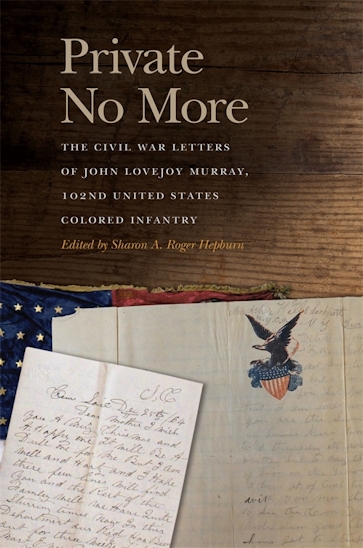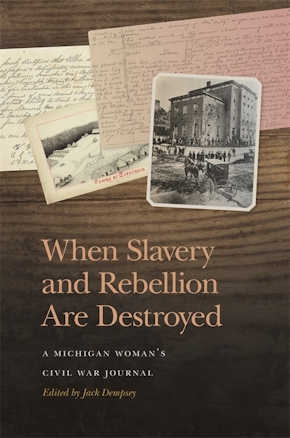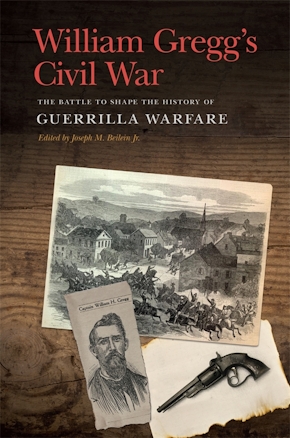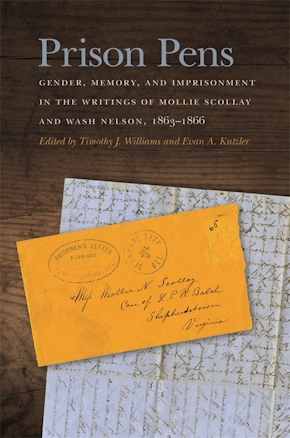Private No More
The Civil War Letters of John Lovejoy Murray, 102nd United States Colored Infantry
Title Details
Pages: 162
Illustrations: 5 b&w images
Trim size: 6.000in x 9.000in
Formats
Paperback
Pub Date: 03/15/2023
ISBN: 9-780-8203-6345-5
List Price: $24.95
Hardcover
Pub Date: 03/15/2023
ISBN: 9-780-8203-6344-8
List Price: $114.95
eBook
Pub Date: 03/15/2023
ISBN: 9-780-8203-6346-2
List Price: $24.95
eBook
Pub Date: 03/15/2023
ISBN: 9-780-8203-6356-1
List Price: $24.95
Related Subjects
HISTORY / United States / Civil War Period (1850-1877)
HISTORY / United States / 19th Century
Private No More
The Civil War Letters of John Lovejoy Murray, 102nd United States Colored Infantry
A revealing collection of Civil War–era letters from a northern Black soldier
Skip to
- Description
- Reviews
The John Lovejoy Murray collection of letters contains insights into the experiences of an African American soldier and his regiment during the Civil War. John Lovejoy Murray, a private in Company E, 102nd USCT, died of disease in a Charleston hospital on April 12, 1865. Through John Murray’s letters, readers can experience the war through the eyes of a literate northern Black soldier.
His is the story of the soldiers who did not receive accolades for their heroic actions in battle, the ones who spent more time on picket and fatigue duty than on the front lines, the ones who died from disease more than they did of battle-related wounds. Murray’s letters are significant because they are ordinary in some respects yet extraordinary in others. Some of the activities and sentiments portrayed in the letters are hardly distinguishable from those described in letters written by White soldiers. In other ways, the letters represent a perspective distinctly from a Black soldier in the Union army. Although many of his experiences may have been typical, John Lovejoy Murray himself, a literate, freeborn, northern Black man, was atypical among Union Black soldiers.
—Michael Thomas Smith, author of The Enemy Within: Fears of Corruption in the Civil War North
As a largely intact collection of private papers written by a northern black soldier to family members unedited by an outside source, Private No More is extremely rare and will be greatly appreciated by Civil War historians.
—Richard Reid, history professor emeritus, University of Guelph
—Tim Talbott, Emerging Civil War



